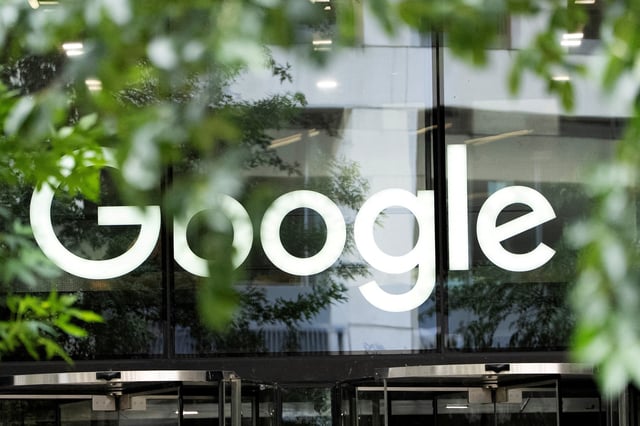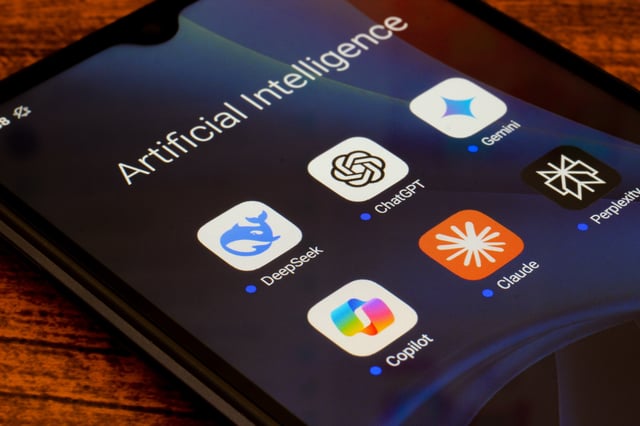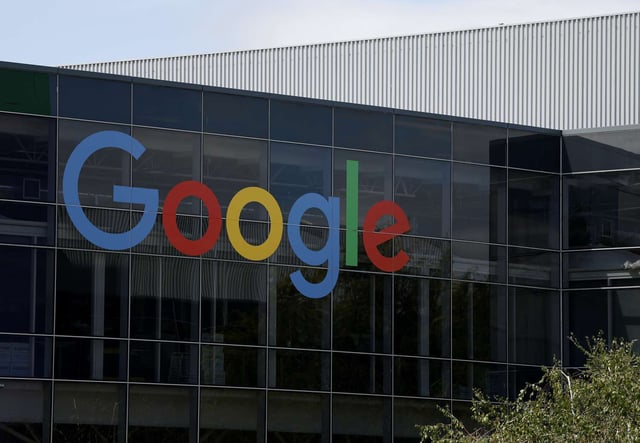Overview
- Google announced on July 30 that it will sign the EU’s voluntary General-Purpose AI Code of Practice, joining OpenAI and Mistral in seeking legal certainty under the AI Act.
- Meta reaffirmed its refusal to sign the code, arguing that it introduces legal uncertainties and exceeds the scope of the AI Act.
- The Code of Practice requires developers to disclose model training data, comply with EU copyright law, and establish proactive safety and security frameworks for systemic-risk AI models.
- AI providers who sign the code can benefit from reduced administrative burdens as full compliance obligations for general-purpose models take effect on August 2.
- A coalition of European creators has called on the Commission to strengthen implementation of copyright safeguards to protect cultural industries from unremunerated AI training practices.



